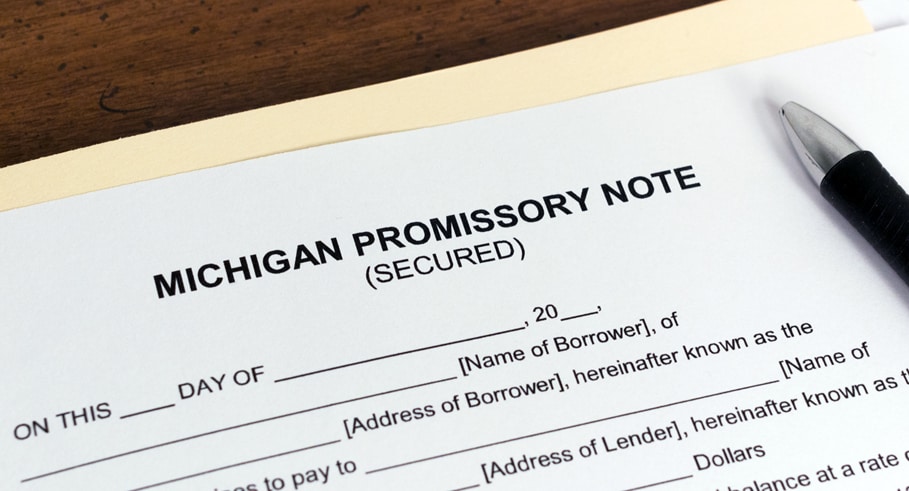It can be difficult to get a startup off the ground, especially when the startup requires a fair amount of overhead. Fortunately, there are options available for early stage startup companies, particularly ones with a high revenue potential.
If your business is involved in a seed round or another type of early stage funding, it may be prudent for you to consider a convertible promissory note. Convertible notes are a great way to help early stage businesses with the issue of financing.
This article explains what a convertible promissory note can do for you and your business and why you should work with a business law attorney that’s experienced with startup financing when considering this option.

What Is a Convertible Promissory Note?
We’ve prepared a guide to help you understand convertible promissory notes. Before we go any further, though, it’s important to explain how these notes work.
Convertible promissory notes are a kind of debt that eventually turns to equity for the lender. The event that triggers the change from equity to debt is typically negotiated between the borrower and the lender.
While the triggering event may vary, these promissory notes share similar qualities. Most of them will outline the interest rate, principle, and maturity date. The note should also include how it has been secured and what happens in the event of default.
A Safer Investment
There are many different benefits to using a convertible note. However, the biggest benefit is that it presents less risk to the investor.
For example, a common convertible rule would be that debt becomes equity once a company reaches a certain value. Once that happens, the investor now has partial control of a company that is rising in value.
Ultimately, this is a great way for investors to expand their portfolio and discover brand new business opportunities. And convertible notes make all the legal paperwork that much easier.
The Difficulty of Valuation
Another reason for convertible notes is something of an open secret in the investment world: it is very difficult to value a company, especially a startup.
One of the most drastic recent examples of this is WeWork. The company was once valued at a staggering $47 billion before that valuation plunged to below $5 billion.
High-profile incidents like this make investors gunshy about throwing money at a startup. However, convertible notes allow them to invest and keep their peace of mind. At the same time, it allows startups to raise money without pinning an exact number value to their business.
Know Your Options
One common element of a convertible promissory note is that the debt will transform into equity once the startup receives additional funding. What, then, can the startup do if they never find additional financing?
In this scenario, there are a few options. The simplest option involves the startup asking the investor for an extension. Alternatively, the borrower can pay back the investor’s money along with any interest that has accrued.
The final options involve transforming the note into stock options. This may be in the form of standard or preferred stock options.
The Bottom Line
Now you know how a convertible promissory note can get your business off the ground. But do you know how to protect your assets as you grow your company?
Our business law firm helps entreprenuers and startup companies with the legal side of financing and growth. If you’re considering a convertible note, or another source of financing, contact Hoeg Law for a free consultation today.
